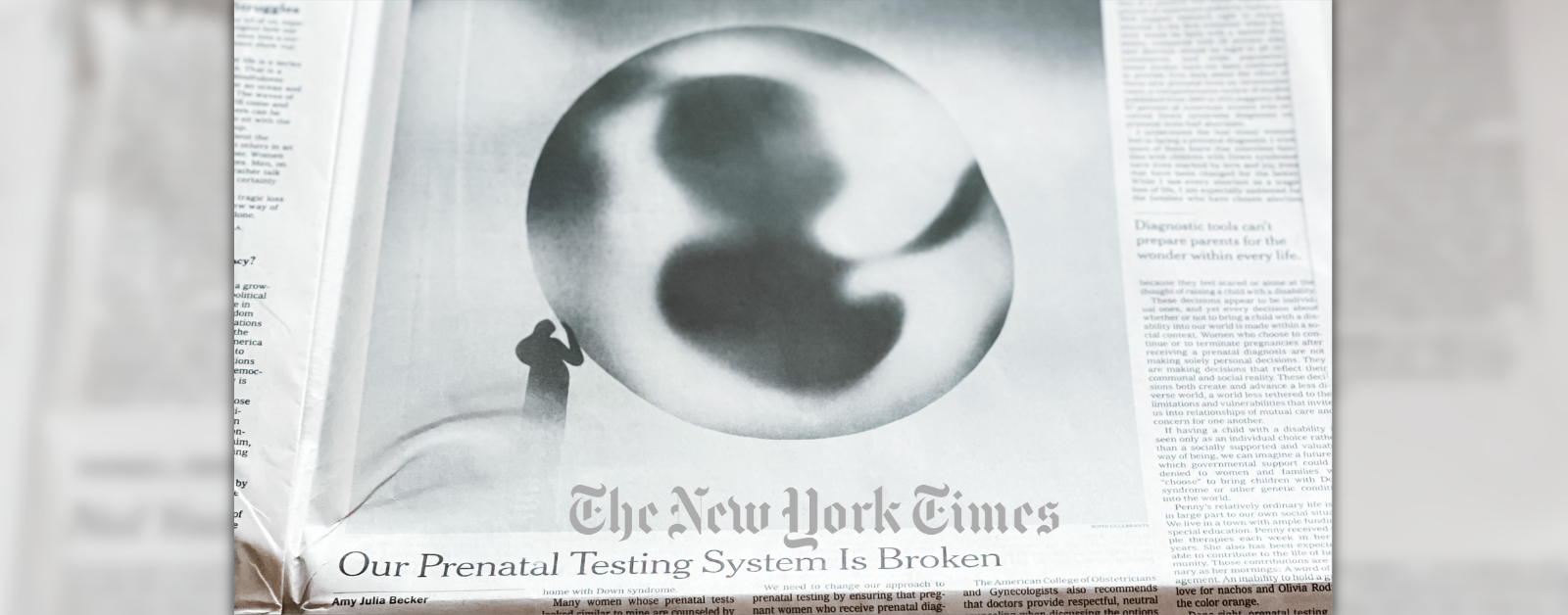24 hours after my essay for the New York Times came out online, I learned it was also in the print edition! So that was exciting.
But I also learned some other things this week as I watched the comments accumulate on the post itself (they closed the comment section with 814), fielded Tweets and emails and Facebook messages and Instagram messages, and reflected on why this topic provoked such passionate discussion. Here are some of my immediate takeaways:
1. We are a people in pain.
Underneath so many of the comments–be they scathing, snarky, sincere, or supportive–lies so much pain. My first thought was that I don’t want to contribute to anyone else’s pain. But then I was reminded that healing is often painful. It helped me realize that I don’t want to contribute to harm. I want to participate in acts of personal, spiritual, and social healing. And sometimes healing feels really painful.
2. We need change.
One reader asked whether we should address the problem through medical, governmental, or religious institutions. The answer is: all of the above, though in different ways, and also as individuals. We need both social acceptance and social support for people with disabilities. We need hearts and minds to change. We also need systems and structures (i.e. government programs and funding throughout the nation and not just in wealthy communities) to change in order to create a society that welcomes people with disabilities.
3. Conservatives and progressives can easily talk past each other.
Many people attacked me for being religious, anti-choice, and privileged. They did not engage with the argument in my essay. And a lot of the comments on the piece underscored the point I was making about our problematic perceptions of people with disabilities.
4. There is so much more to say.
That’s true about prenatal testing in general. (For example, see Mark Leach’s post on why the claims of 99% accuracy isn’t what we think it is when it comes to these tests.) And it’s true about our societal attitudes towards diverse bodies and minds more generally. I may be writing more on this.
Read more with Amy Julia:
- Article: I’m Thankful Every Day for the Decision I Made After My Prenatal Tests
- A Good and Perfect Gift: Faith, Expectations, and a Little Girl Named Penny
- Missing Out on Beautiful essay collection
- What’s Wrong With Having Down Syndrome?
If you haven’t already, you can subscribe to receive regular updates and news. You can also follow me on Facebook, Instagram, Twitter, Pinterest, YouTube, and Goodreads, and you can subscribe to my Love Is Stronger Than Fear podcast on your favorite podcast platform.




This Post Has One Comment
I choose your essay for a rhetorical analysis assignment. As long as readers stick to the thesis statement they will find the article sound. “We need to change our approach to prenatal testing by ensuring that pregnant women who receive prenatal diagnoses get accurate information about what it’s like to raise a child with a disability and expanding the awareness of our collective responsibility to welcome and support diverse lives” How can this not be true? We just need unbiased health care education no matter what the subject.